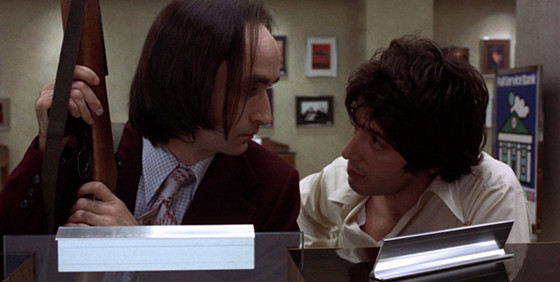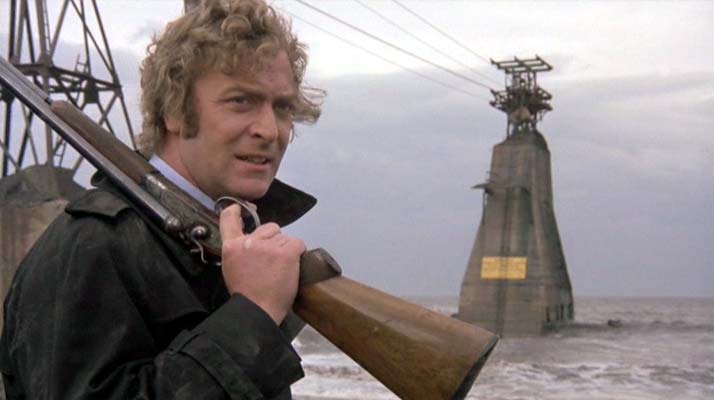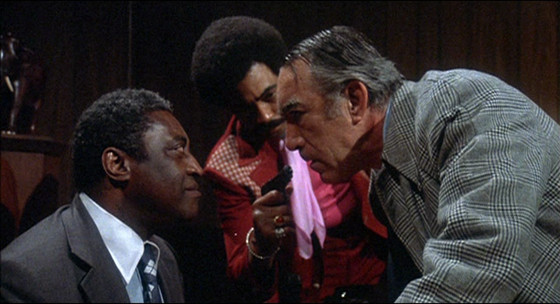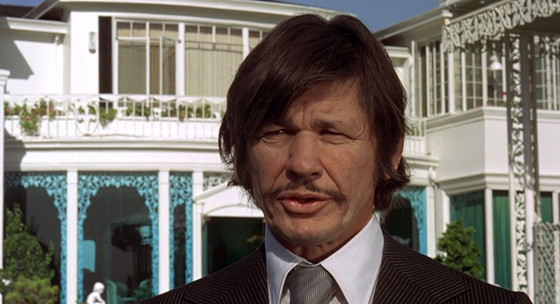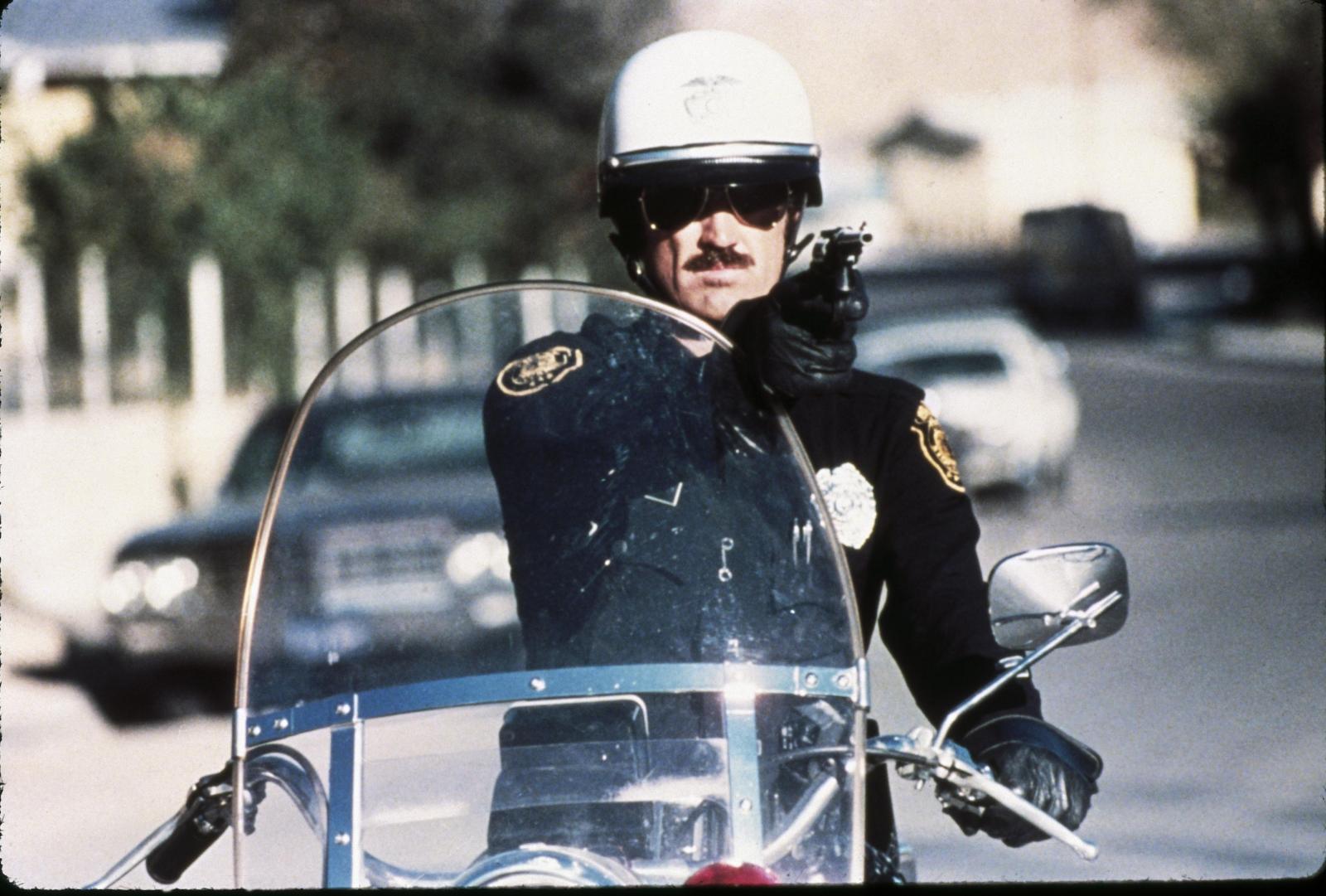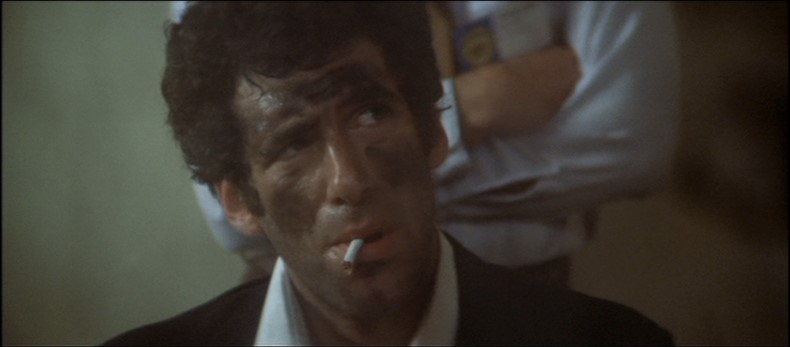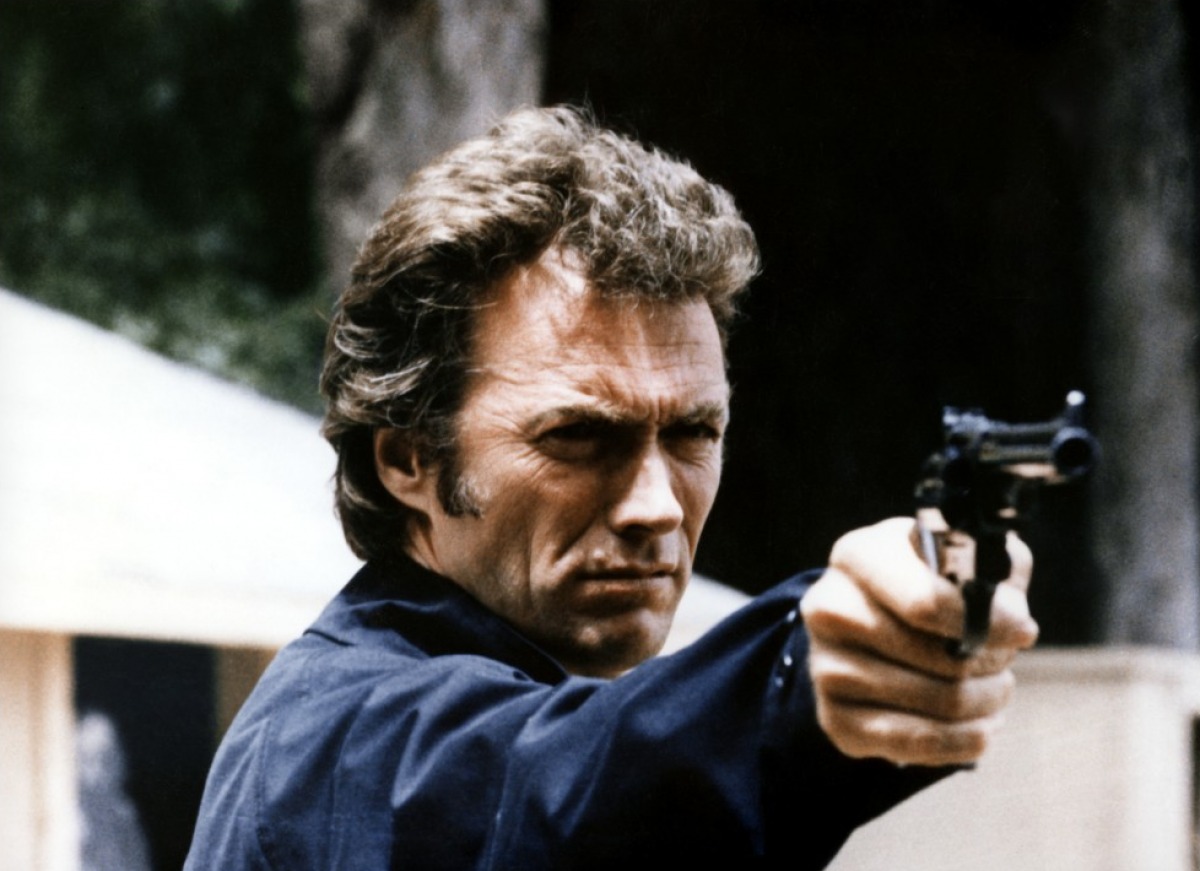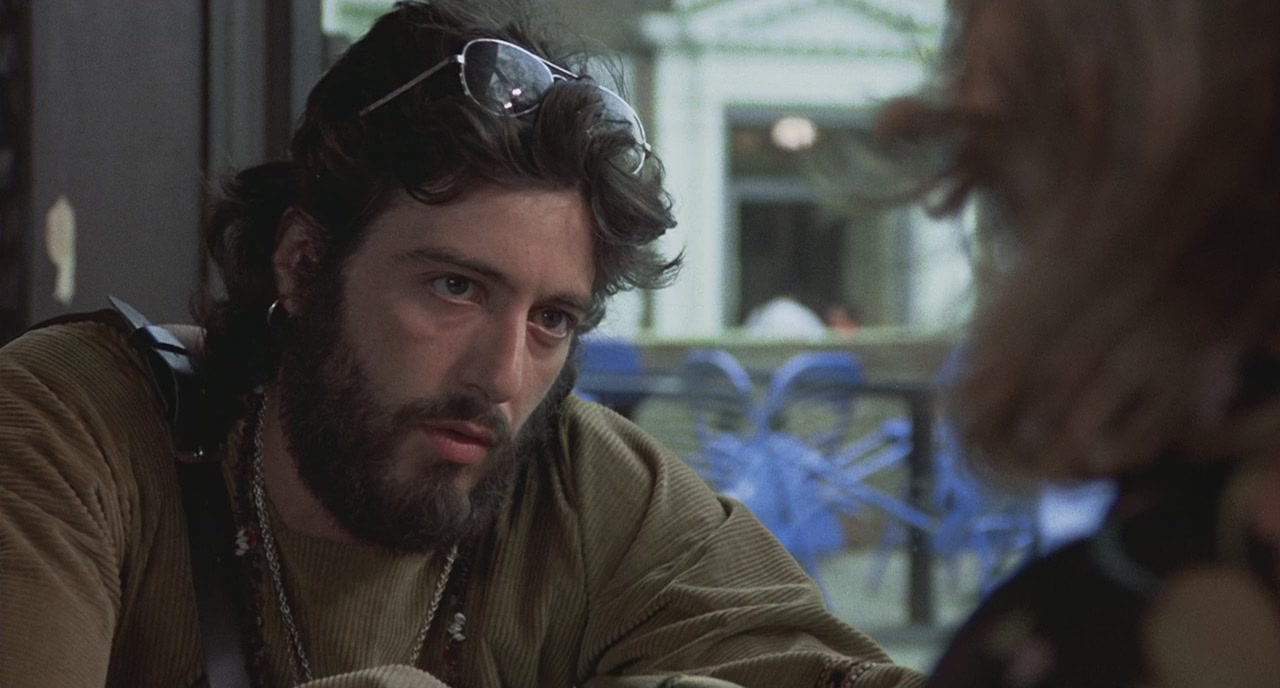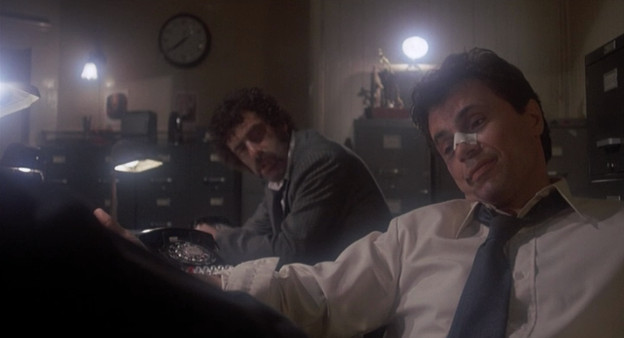Film critics, film writers and ardent fans are bound to disagree as to what films should be classified as being part of a particular genre. Arguments over what films should be called horror films or suspense thrillers are commonplace as are disputes over what films should fall into the category of film noir.
Naturally these disputes extend to films in the modern film noir or neo-noir classification. In selecting the best neo-noir films from the very fertile and revered years of the 1970s, We picked the finest crime films that share the same grim preoccupations and the same dark heart found in classic film noir pictures of the 1940s and 1950s such as Jacques Tourneur’s Out of the Past, John Huston’s The Asphalt Jungle and Robert Aldrich’s Kiss Me Deadly to name just a few.
As is the nature of genre labeling, it should be noted that a number of films mentioned in this article could also be classified in other genres such as heist film or suspense thriller of moral confrontation. Excluded from consideration were films that take place in a period setting. Sorry, Chinatown fans.
Also excluded were films that are occasionally included in writing about neo-noir films that, despite the presence of modern noir elements, actually fall firmly into the suspense thriller category such as Alan J. Pakula’s excellent political suspense thriller The Parallax View (1974) and William Friedkin’s masterful suspense thriller of place Sorcerer (1977).
Note: The films are in chronological order by release year.
1. Dirty Harry (Don Siegel, 1971)
Screenplay by Harry Julian Fink, R.M. Fink and Dean Riesner
One of the quintessential hard-edged crime films of the pivotal cinematic decade of the 1970s, Dirty Harry still holds up remarkably well to this day. One of the keys to the film’s success is the driven performance of Andrew Robinson as the killer Scorpio. Robinson appeared in director Siegel’s great neo-noir Charley Varrick in 1973 and would go on to create one of the great science fiction television characters with his recurring role as Garak on Star Trek: Deep Space Nine.
2. Get Carter (Mike Hodges, 1971)
Screenplay by Hodges based on the Ted Lewis novel “Jack’s Return Home”
Skip the horrendous 2000 remake and watch the original starring Michael Caine if you haven’t already. One of the all-time great British crime films, this story of a London gangster who travels to Newcastle to investigate his brother’s death is one of the greatest British crime films of all time and features one of Caine’s best early career performances.
3. Across 110th Street (Barry Shear, 1972)
Screenplay by Luther Davis based on the Wally Ferris novel
An incredibly underrated film about the aftermath of a deadly robbery, Across 110th Street deserves to be talked about like the classic crime film it is. This film features superb acting by leads Yaphet Kotto and Anthony Quinn as pair of very different New York City detectives, Anthony Franciosa as an unbalanced mob enforcer and Paul Benjamin as a machine gun-wielding thief.
4. The Mechanic (Michael Winner, 1972)
Screenplay by Lewis John Carlino
The finest film of Charles Bronson’s lead acting career is unjustly overshadowed by the legendary actor’s highly overrated 1974 collaboration with director Winner Death Wish. The grim tale of a professional assassin and his young protégé, The Mechanic is a better film in every way than Death Wish. An attempt to recreate this film as a Jason Statham action movie was made in 2011.
5. Charley Varrick (Don Siegel, 1973)
Screenplay by Howard Rodman and Dean Riesner based on the John Reese novel “The Looters”
When people think Don Siegel in the 1970s they think Dirty Harry. They should also think Charley Varrick, the director’s underrated classic about a gang of bank robbers targeted by the mob. In addition to providing crime cinema with the first reference to going to work on someone with a pair of pliers and a blowtorch, the film features all-around great acting, highlighted by a too-often overlooked villainous performance from Joe Don Baker as a mob enforcer.
6. Electra Glide in Blue (James William Guerico, 1973)
Screenplay by Robert Boris and Rupert Hitzig
An Arizona motorcycle cop gets promoted to homicide detective and investigates the murder of a hermit in this too little discussed entry in the world of 1970s crime cinema. In the lead role here, Robert Blake gives one of the best performances on his career.
7. The Long Goodbye (Robert Altman, 1973)
Screenplay by Leigh Brackett based on the Raymond Chandler novel
Director Altman’s quirky take on Raymond Chandler’s legendary detective character Philip Marlowe investigating accusations that his good friend murdered his wife is rightfully considered a classic by followers of neo-noir films. The Long Goodbye is highlighted by great performances from Elliott Gould as Marlowe and Sterling Hayden as an alcoholic novelist.
8. Magnum Force (Ted Post, 1973)
Screenplay by John Milius and Michael Cimino
A great sequel to the legendary Dirty Harry, this film pits the deadly Inspector Callahan against of a group of vigilantes who seem to represent what Callahan himself might have turned into had he chosen a different path. Hal Holbrook gives a great performance here as Callahan’s boss. Sadly, the subsequent Dirty Harry sequels really declined in terms of quality.
9. Serpico (Sidney Lumet, 1973)
Screenplay by Waldo Salt and Norman Wexler based on the Peter Maas book
Al Pacino turns in one of the finest performances of his early career in this fact-based account of an idealistic cop’s fight against rampant corruption in the New York City Police Department. The film also features Tony Roberts, a great character actor primarily known for his comic roles in a number of Woody Allen films. Director Lumet and Pacino would team up again in 1975 for another dark crime film based on real-life events in Dog Day Afternoon.
10. Busting (Peter Hyams, 1974)
Screenplay by Hyams
Lead actors Elliott Gould and Robert Blake show real on-screen chemistry in this overlooked film about a pair of vice cops who risk everything in their pursuit of a Los Angeles crime boss. An early example of what would, for better or worse, become known as a “buddy cop” film, Busting could be seen as a more serious version of Richard Rush’s Freebie and the Bean which was also released in 1974 and featured James Caan and Alan Arkin as a pair of detectives in pursuit of a highjacker in San Francisco.
